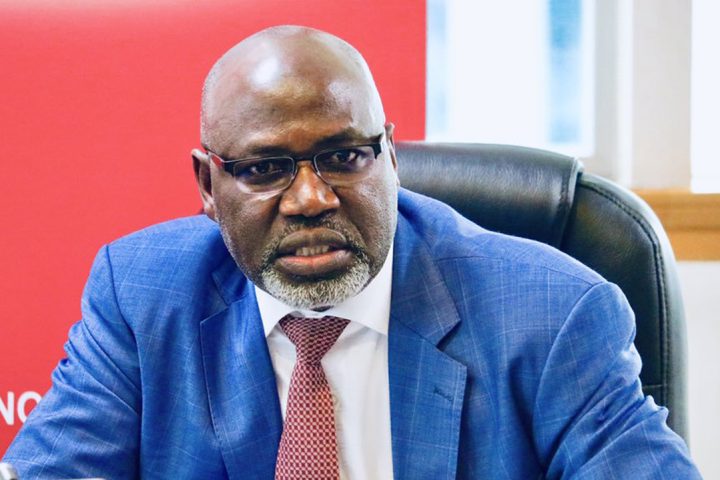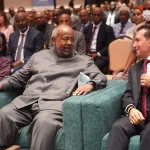Abuja-based lawyer and the principal partner of FBI Legal, Baba Isa, has said Nigeria has more challenges to deal with and that criminalising refusal to sing the national anthem should not be the priority of the country’s lawmakers.
Isa stated this while reacting to the controversial Counter Subversion Bill sponsored by the Speaker of Nigeria’s House of Representatives, Tajudeen Abbas.
Join our WhatsApp ChannelThe bill, which was said to tackle what the authorities perceived as threat to national security, and public order, had passed through the first reading and proceeded to the second reading in the lower chamber. However, Abbas withdrew it on Wednesday following pressures from Nigerians who condemned it for containing provisions that were considered harsh on the citizens.
Some of the provisions in the bill were punishment for refusal to recite the old national anthem, destroying national symbols, defacing a place of worship with intent to incite violence or undermine the Federal Government. The bill stipulated that anyone found guilty shall face a fine of up to N5 million, a prison sentence of five to ten years, or both.
Prime Business Africa had reported that the National Assembly had in May 2024, hurriedly passed a bill mandating the use of the old national anthem, which begins with “Nigeria we hail thee…” dropping the “Arise O Compatriots” which was composed in 1978.
The action generated mixed reactions from Nigerians. While some supported it, others kicked against it, saying it has colonial undertone. Those who kicked against it, have repeatedly voiced their rejection of the new national anthem, vowing not to recite it.
Speaking in an interview on Arise News on Thursday, Isa said criminalising the refusal to sing the old national anthem should not be the priority of the lawmakers in Nigeria.
“I don’t think that criminalising the refusal to recite the old national anthem is one of our problems,” Isa said.

He said the move made by the lawmakers to pass the controversial bill reflects the quality of legislation coming out from the hallowed chambers of the National Assembly.
He described the bill as “draconian” in nature and ought not to find its way into the country’s body of laws in this era.
“Imagine that this is criminalised, that means you will start committing an offence that land you five year term or N5 million fine, which is very ridiculous.”
“So, bills we expect from the National Assembly should be bills that show clearly that they feel the pulse of the people; bills that are developmental in nature; bills that are futuristic when you are talking about artificial intelligence, tech, computer.”
He said the lawmakers should focus on making bills that promote development in science and technology education, health and other critical areas of need not legislations that suppress basic fundamental rights of the citizens.
Isa cited an example that in 1943, the American Supreme Court had ruled that a refusal to recite their national anthem cannot be criminalised, because it is an infringement of the First Amendment which is bothered on freedom of expression.
He wondered why a parliament of the largest black nation in the world is taking the country 81 years back by trying to criminalise the refusal to recite national anthem.
The lawyer emphasised that in developed countries like the United States, and China among others, their citizens and those in authorities are thinking about technological advancement not who recites or does not recite the national anthem.
He maintained that what is coming out of the parliament is a far cry from what the people expected.
“It is a far cry from what we expected. It is a far cry from our realities, and it is a prophecy that our future is bleak, if the parliament does not stop talking about mundane and anachronistic bills like this one,” Isa pointed out.
He equally expressed concerns that Nigerian lawmakers do not consider the interests and aspirations of the people they represent in their lawmaking, hence churning out laws that serve their personal interests while hurting the welfare of the people, hence the citizens’ revolt.
He urged the lawmakers to give citizens the opportunity to make inputs while making laws for robust legislation.
Victor Ezeja is a passionate journalist with six years of experience writing on economy, politics and energy. He holds a Masters degree in Mass Communication.



















Follow Us